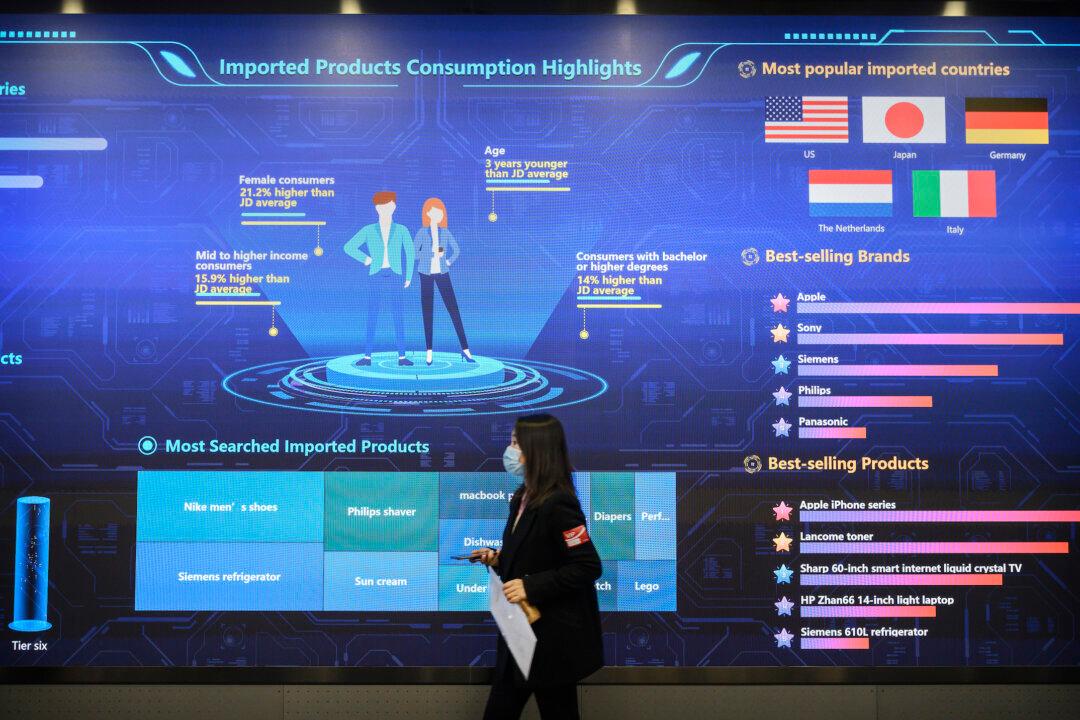Supported by favorable tax policies and subsidies, China’s cross-border e-commerce industry has seen rapid global growth since 2022. However, analysts warn that this surge brings significant concerns, including tariff evasion, product dumping, and the protection of private data.
According to Chinese Customs data, in the first quarter of this year, China’s cross-border e-commerce imports and exports amounted to 577.6 billion yuan ($81.27 billion), a growth of 9.6 percent. Exports were 448 billion yuan ($63.03 billion), and imports were 129.6 billion yuan ($18.23 billion).




